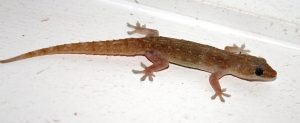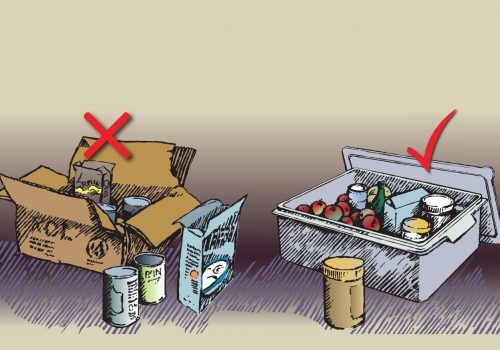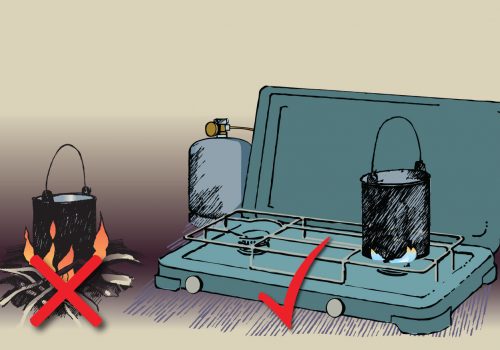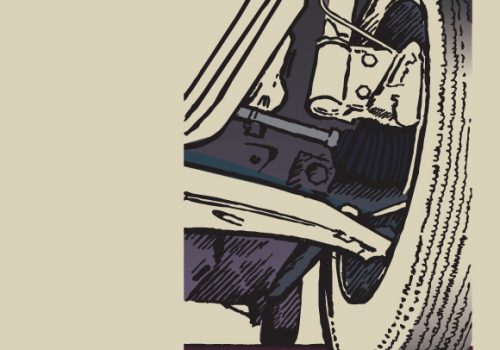Shark Bay Island Protection
Island Protection
Many of Shark Bay’s islands are nature reserves and protect native species that have declined on the mainland. Competition with and predation by introduced plants and animals are the main reasons for mainland declines. While the isolated nature of the islands prevents pests and disease from reaching them naturally, there is still a risk as visitors to the islands may inadvertently carry unwanted hitchhikers.
Please help protect native species on Shark Bay’s islands:
- Download and read the island protection brochure before leaving home.
- View the island protection video to help you plan your visit and protect the island.
- Do not take any animals (including pets) or plants onto islands.
- Make sure your footwear, clothes, packs and camping gear are free of soil, seeds, lizards, insects, spiders, etc.
- Transport food in clean, sealed plastic or metal containers rather than cardboard.
- Make sure fresh food is free of soil, ants, snails or other small animals.
- Install and regularly check rodent bait stations on board your vessel. Replace baits every six months to retain potency.
- Do not take firewood onto islands or light fires. Use gas cookers instead.

Asian house gecko (photo by Gary Hearle)
The introduced Asian house gecko, Hemidactylus frenatus, is common in Carnarvon and northern Australia and can now be found in Shark Bay. Please help prevent the spread of this animal – make sure you are not transporting it with your gear.
Find out more about the Asian house gecko.
Listen to the Asian house gecko’s distinctive call.
Camping On Islands
Camping is only permitted on Dirk Hartog Island National Park. Camping is not permitted on Bernier and Dorre Islands Nature Reserve, or the proposed Shark Bay Islands Nature Reserve, which encompasses all of the other islands in Shark Bay except Faure Island.
To protect wildlife, fires are not permitted on island nature reserves.
When camping on Dirk Hartog Island:
- Camp only in areas designated for camping and on bare sand. Please do not damage native vegetation.
- Collect all garbage and return it to the mainland. While on islands, ensure all waste is stored where animals cannot access it.
- Make sure human waste is covered immediately and completely buried to at least 30cm.
- Fires are not permitted on Dirk Hartog Island.
Dorre Island wildlife protection quarantine
A fatal wart virus affects the threatened western barred bandicoots on the mainland and Bernier Island. Dorre Island is one of only two islands free of the disease so landing on Dorre Island is prohibited to prevent the spread of the virus. Please do not land on Dorre Island.
Faure Island
Faure Island is managed by the Australian Wildlife Conservancy for the protection of threatened mammals. Camping is not allowed on the island. For more information about this island visit the Australian Wildlife Conservancy’s website.
Taking vehicles to Dirk Hartog Island National Park
- Before driving your vehicle onto the barge, please make sure its underside, radiator, tyres, sump and gearbox guard plates are free of seeds and soil. Also check seat crevices and under floor mats.
- Be aware that introduced house mice and several weed species occur on Dirk Hartog Island. Please do not transport them around the island.



